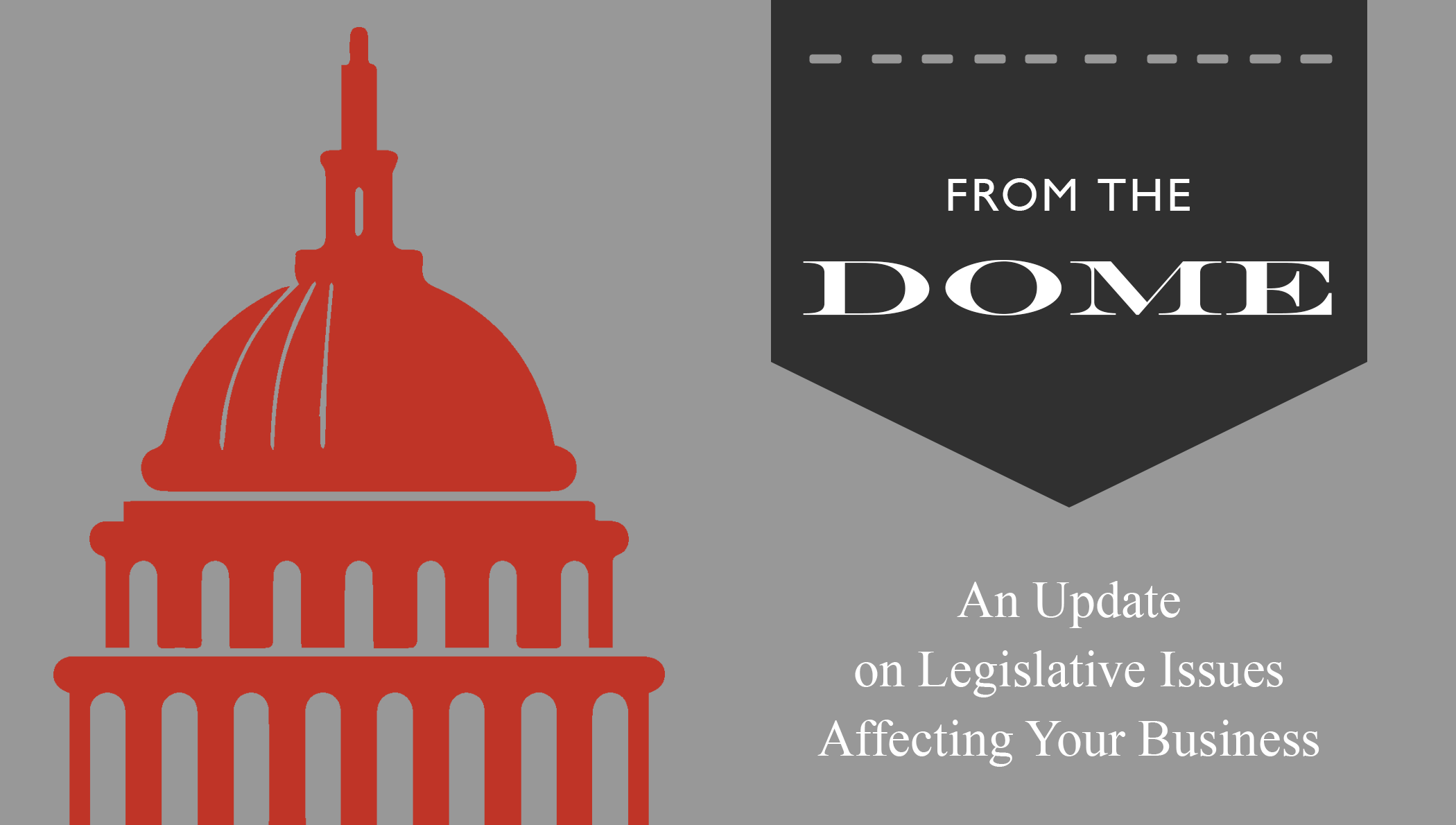
The 91st legislative session kicked off on January 8, 2019 after a November election that saw Mankato native Tim Walz elected governor, the House flip to DFL control, and Republicans maintaining control of the Senate through the one open seat up for a special election. This made Minnesota the only state in the union with divided party control of its legislature.The administration and legislature discovered in February that they would be working with a $1 billion budget surplus, which was slightly less than projected in the November forecast. Both Democrats and Republicans announced their session priorities early, and it was apparent compromises would have to be made. While it took a special session to finalize the budget, Governor Walz and the legislature reached agreement on a $48.3 billion biennial General Fund budget. This represents a 6% increase in state spending. The bipartisan budget agreement reached by the Governor and legislative leaders spends roughly $48.3 billion, a 6.2% increase over the previous biennium. About half this increase goes to E-12 education.Here’s a quick rundown of what happened — and what didn’t — on key issues for employers and the Greater Mankato area. Greater Mankato Growth was actively engaged on all of these issues and more on behalf of our members.
 The 91st legislative session kicked off on January 8, 2019 after a November election that saw Mankato native Tim Walz elected governor, the House flip to DFL control, and Republicans maintaining control of the Senate through the one open seat up for a special election. This made Minnesota the only state in the union with divided party control of its legislature.The administration and legislature discovered in February that they would be working with a $1 billion budget surplus, which was slightly less than projected in the November forecast. Both Democrats and Republicans announced their session priorities early, and it was apparent compromises would have to be made. While it took a special session to finalize the budget, Governor Walz and the legislature reached agreement on a $48.3 billion biennial General Fund budget. This represents a 6% increase in state spending. The bipartisan budget agreement reached by the Governor and legislative leaders spends roughly $48.3 billion, a 6.2% increase over the previous biennium. About half this increase goes to E-12 education.Here’s a quick rundown of what happened — and what didn’t — on key issues for employers and the Greater Mankato area. Greater Mankato Growth was actively engaged on all of these issues and more on behalf of our members.
The 91st legislative session kicked off on January 8, 2019 after a November election that saw Mankato native Tim Walz elected governor, the House flip to DFL control, and Republicans maintaining control of the Senate through the one open seat up for a special election. This made Minnesota the only state in the union with divided party control of its legislature.The administration and legislature discovered in February that they would be working with a $1 billion budget surplus, which was slightly less than projected in the November forecast. Both Democrats and Republicans announced their session priorities early, and it was apparent compromises would have to be made. While it took a special session to finalize the budget, Governor Walz and the legislature reached agreement on a $48.3 billion biennial General Fund budget. This represents a 6% increase in state spending. The bipartisan budget agreement reached by the Governor and legislative leaders spends roughly $48.3 billion, a 6.2% increase over the previous biennium. About half this increase goes to E-12 education.Here’s a quick rundown of what happened — and what didn’t — on key issues for employers and the Greater Mankato area. Greater Mankato Growth was actively engaged on all of these issues and more on behalf of our members.



